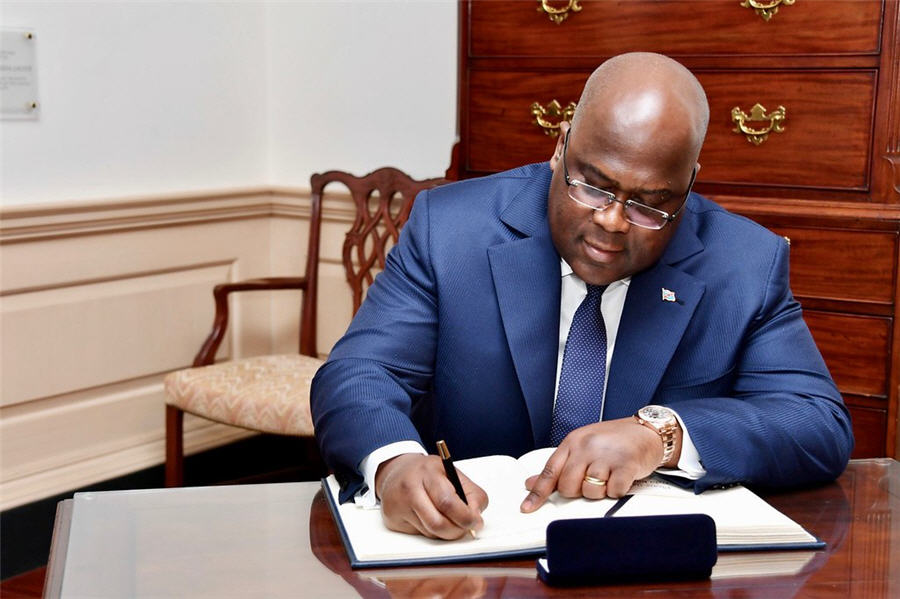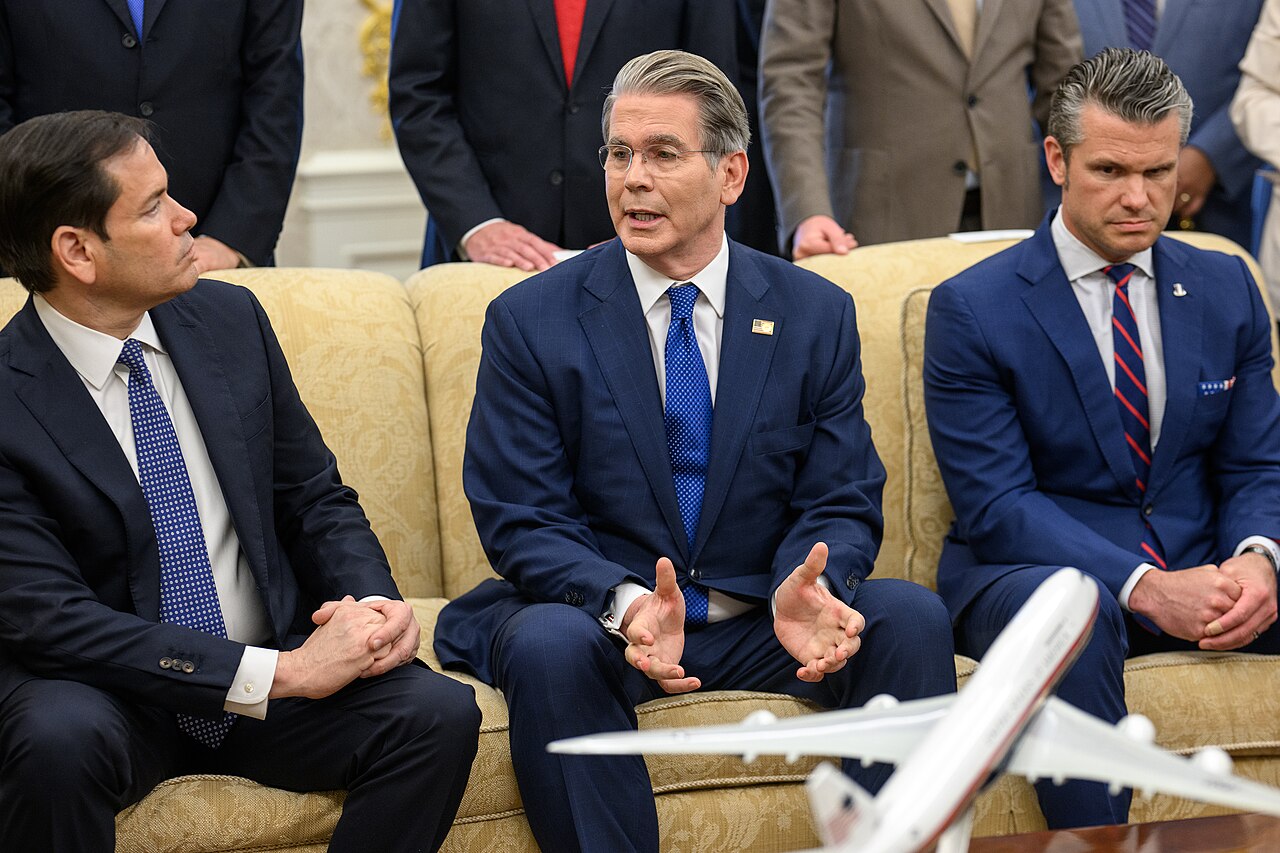IMF, Congo meet as President Tshisekedi seeks reconciliation

The International Monetary Fund arrived for its first talks with the Democratic Republic of Congo since 2015 as President Felix Tshisekedi seeks to repair relations with the Washington-based institution and fulfill a pledge to fight corruption.
Tshisekedi, who replaced Joseph Kabila after elections in December, last month told delegates while on a visit to Washington that he’d come “to untangle the dictatorial system which was in place.” He told another meeting that Congo’s endemic corruption had “discouraged serious investors.”
“We urge them to do a thorough audit at every level and not to be lenient,” Gilbert Mundela, an adviser to Tshisekedi, said in interview Thursday in the capital, Kinsasha.
Non-government organizations want the IMF to undertake “an independent audit into the management of public companies,” according to a letter addressed to Managing Director Christine Lagarde. They also called for unpublished mining contracts to be made public.
The fund halted a $532 million three-year loan program for Congo seven years ago after the government failed to publish details of a 2011 mining deal. “Opacity in the management of public companies has only increased” since the program ended, according to the letter.
Dark deals
The local organizations singled out state-owned mining company Gecamines, saying its transactions with international investors “are done in darkness.” Advocacy groups such as the Atlanta-based Carter Center and London-based Global Witness say Gecamines failed to account for hundreds of millions of dollars paid to it by partners in copper and cobalt deals. Gecamines rejects the claims.
Non-government organizations want the IMF to undertake an independent audit into the management of public companies
The 32 organizations are also “worried” about royalties paid to Israeli businessman Dan Gertler from two copper-cobalt mines controlled by Glencore Plc. The contracts enabling Gertler to acquire the royalty streams are unpublished, according to the letter.
Gertler has been under U.S. sanctions since December 2017 for allegedly using his friendship with Kabila to strike “opaque and corrupt mining and oil deals.” Gertler has denied any wrongdoing.
A multi billion-dollar minerals-for-infrastructure deal between Congo and China in 2007 also requires scrutiny, according to the organizations. Chinese companies build roads and hospitals that are financed by Chinese banks and reimbursed through copper exports from a mining venture called Sicomines. The value of loans disbursed and “their destination remains difficult to trace,” according to the letter.
The IMF will assess economic developments and discuss policies with officials of the mineral-rich central African nation under a so-called Article IV consultation. Tshisekedi hasn’t said if he intends to request financial assistance.
(By William Clowes)
More News
{{ commodity.name }}
{{ post.title }}
{{ post.date }}




Comments